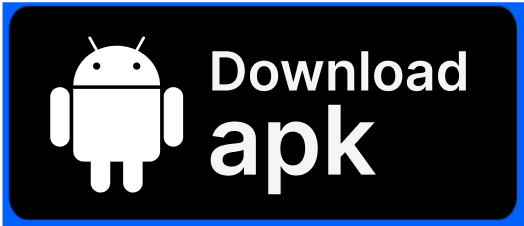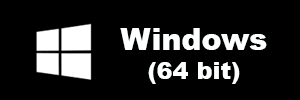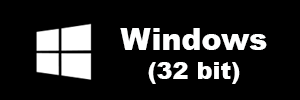Safe and Secure
nthLink is built on technologies that have defeated even the strictest internet censorship systems. It automatically:
- Accesses the internet through a secure tunnel (VPN)
- Hides your location – automated IP switching
- Hides where you go online – trusted DNS
- Hides what you are doing online – traffic masking
- Encrypts everything – AEAD 256-bit Chacha2020 IETF Poly 1305 cipher
Self-recovery
Unlike many VPNs that store often-obsolete address lists in their apps, nthLink’s mobile app can connect to the Internet even when it has been a long time since you have used it.
The nthLink app calculates fresh server addresses based on where you are and the device you are using, enabling you to connect even in locations where many of its addresses are being blocked. It keeps trying until it finds a secure connection for you.
How it works

Our Promise
Simplicity
Just install and tap the button and you’re online – inside a reliable and secure network.
Privacy
We do not track your activities and use best data minimization practices for our server infrastructure.
Security
nthLink uses the strongest available encryption standards so your Internet traffic cannot be inspected.
Read more about our full security and transparency policies.
Frequently asked questions
Is nthLink free?
Yes, nthLink is free and will remain free thanks to our sponsors and partners in the Internet freedom community. They are:
How does nthLink compare with Tor?
Similar to Tor, nthLink allows you to access the Internet in a private and anonymized fashion. Unlike Tor, nthLink traffic does not bounce between many places before getting you where you want to be, which means nthLink can be much faster than Tor. In theory, this also means that nthLink has access to more traffic data than Tor – in practice it makes no difference since nthLink does not track that data. Also keep in mind that Tor traffic can be detected and more easily blocked.
How can I download the apps safely?
You can verify your downloads by checking the signature on your file. Head over to our download page to see that.
What data does nthLink collect?
nthLink collects minimal data necessary to provide reliable service, for example the IP address, type of device, and the operating system. nthLink does not collect any personally identifiable information nor your browsing history.
nthLink is not working for me. What should I do?
The first thing to try is downloading the latest version of nthLink from a reliable source; please visit our download page for details. You can also email us at [email protected].
Where can I see nthLink’s source code?
- https://github.com/nthlink/nthlink-os-android
- https://github.com/nthlink/nthlink-os-ios
- https://github.com/nthlink/nthlink-os-windows
- https://github.com/nthlink/nthlink-os-macos
nthLink is committed to open source; our codebase is available to the general public via the above URLs.
Who is behind nthLink?
We are a group of experienced software and information security engineers who started nthLink in 2016 to support human rights lawyers who needed to obtain censored information and to express their perspectives to the outside world. Since then we’ve made the service available to the wider public. Our development team are experts in both censorship circumvention technology and service reliability.





